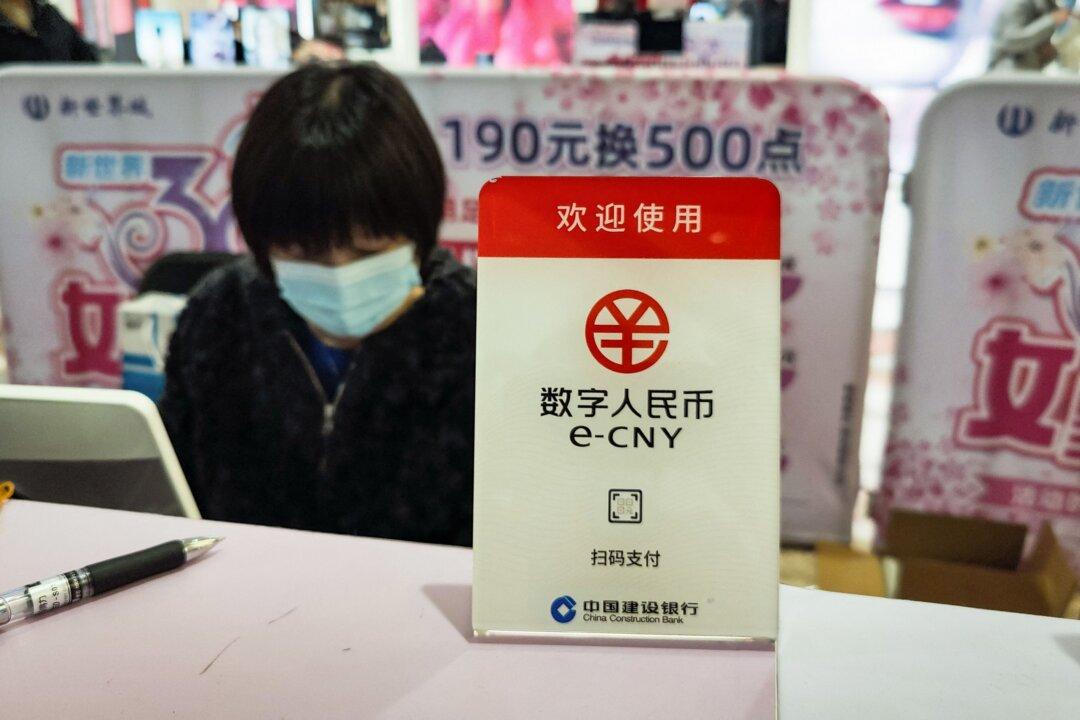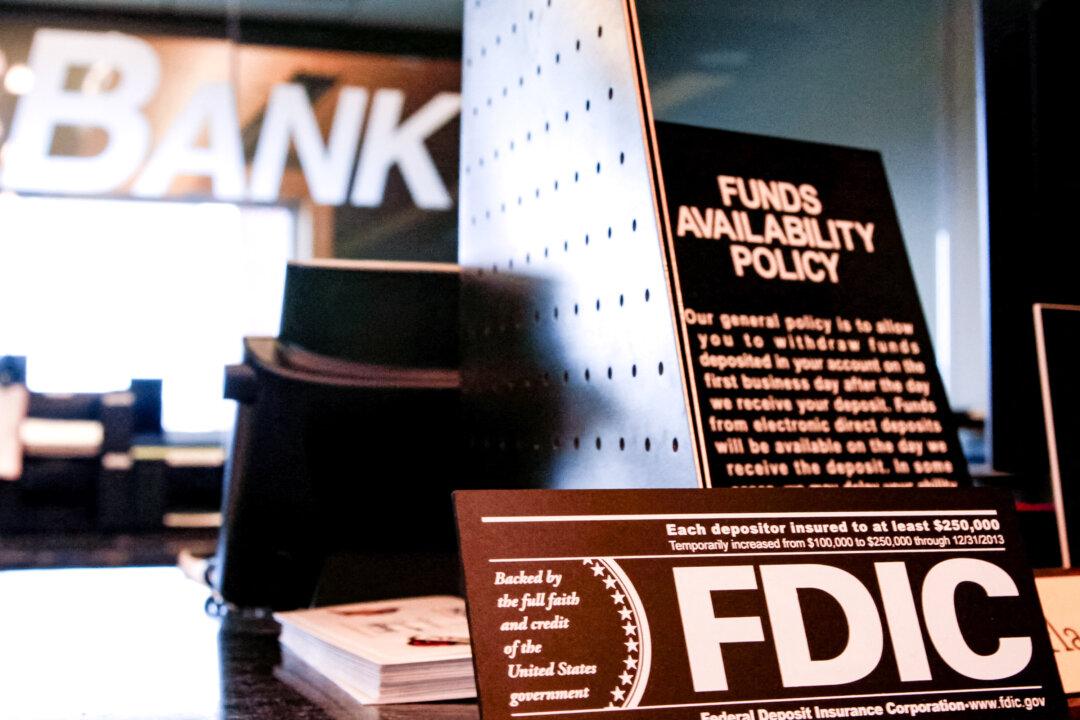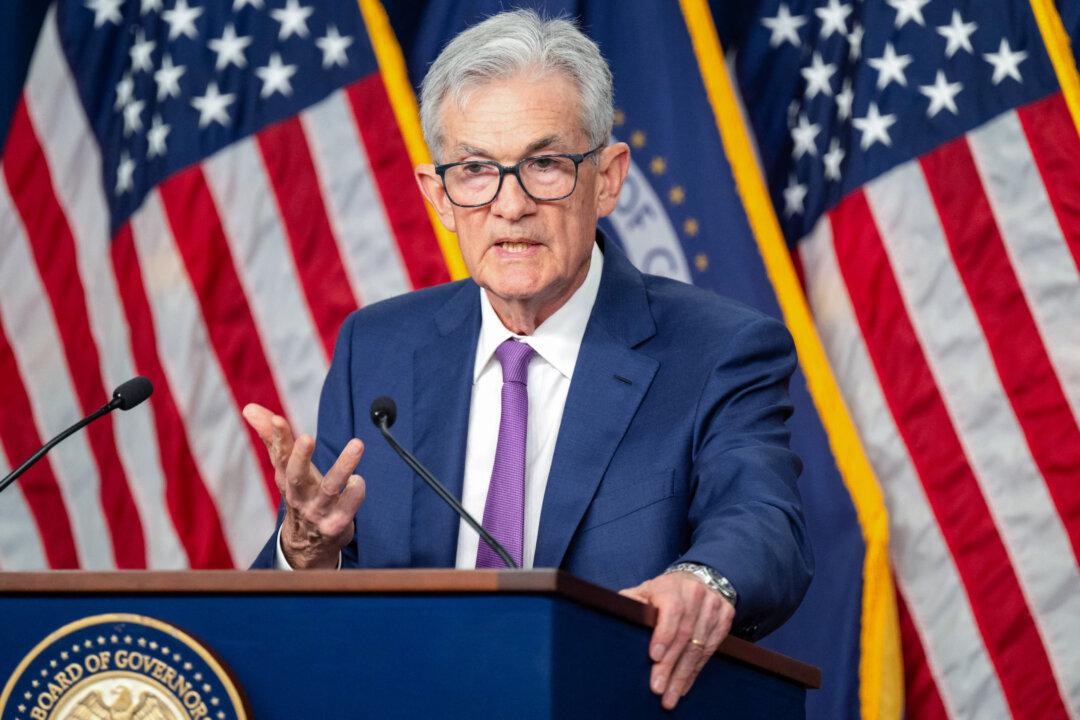Commentary
Last week, South Dakota Republican governor Kristi Noem rejected a bill (HB1193) to update the Uniform Commercial Code (UCC) with her own unique “brand” of veto. The veto came because Noem opposed the bill’s language outlawing Bitcoin and other cryptocurrencies, but allowing a central bank digital currency (CBDC), which is issued by governments.





